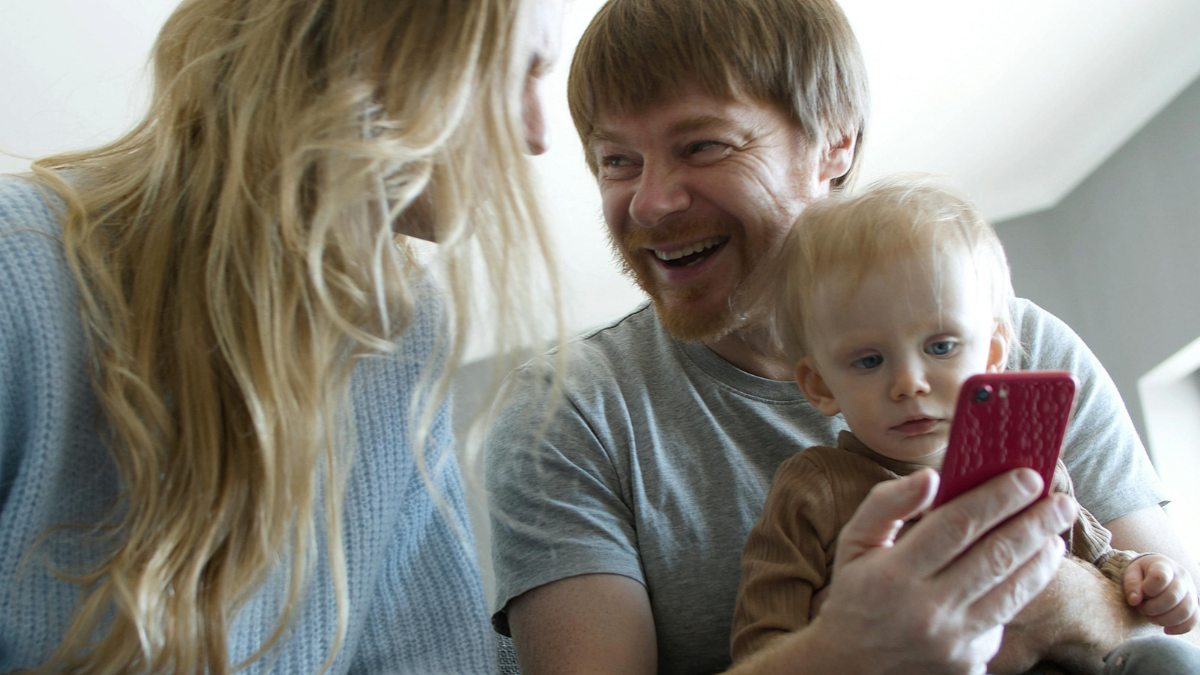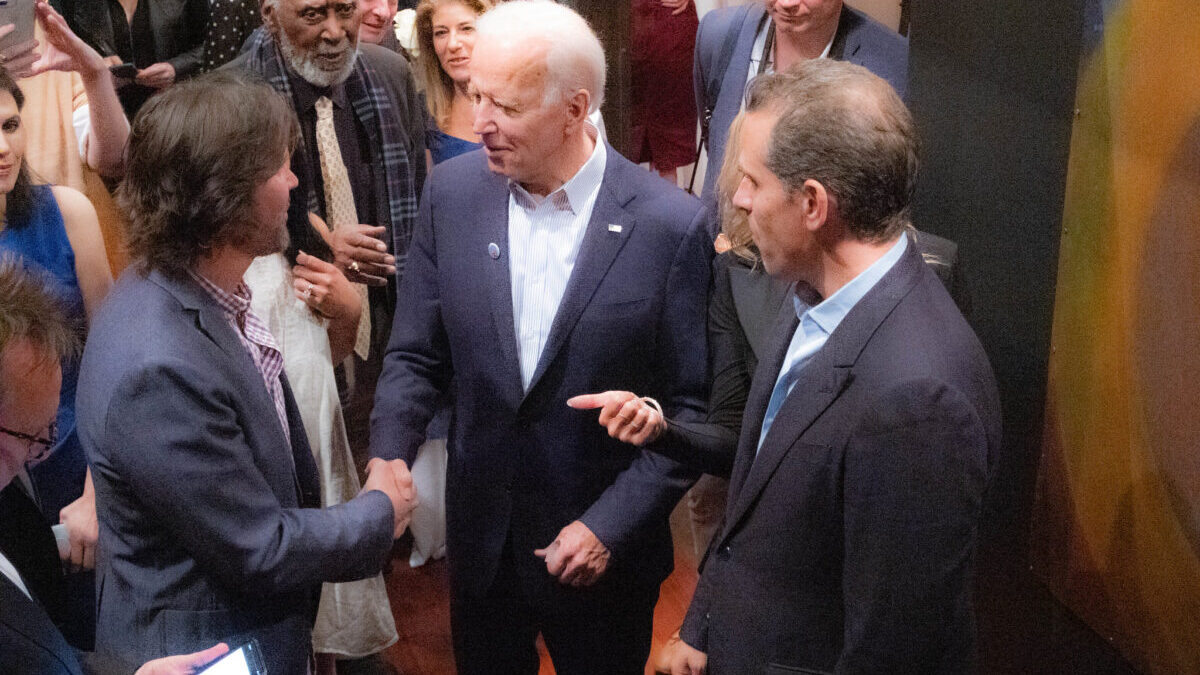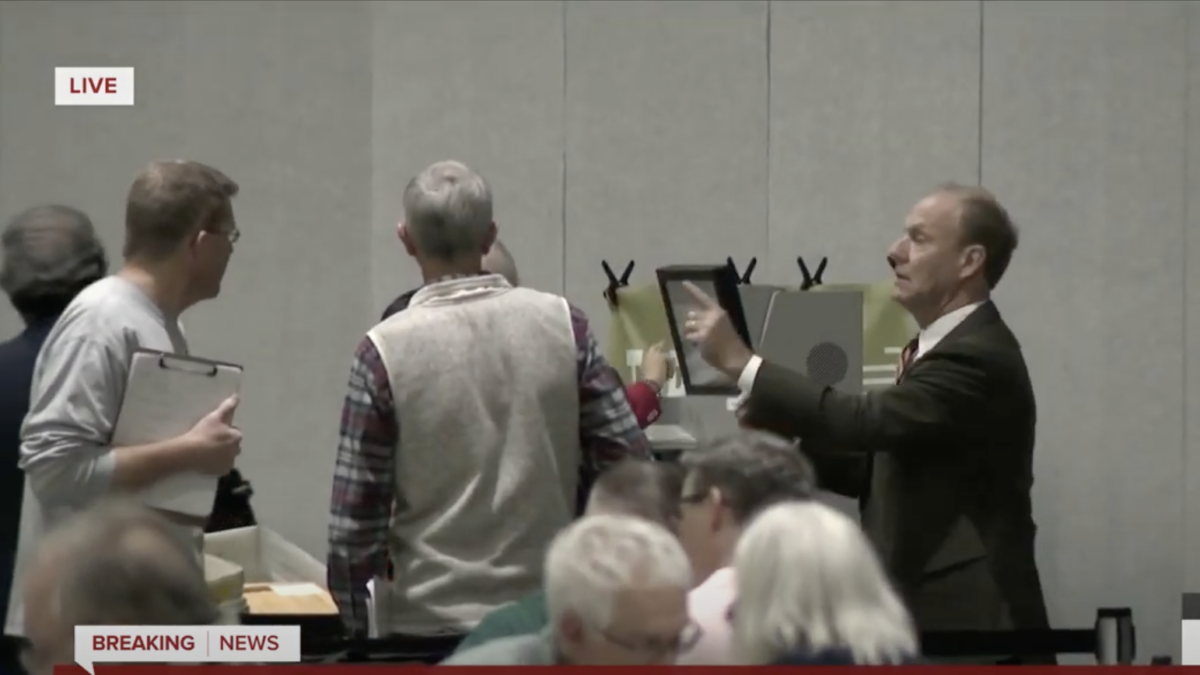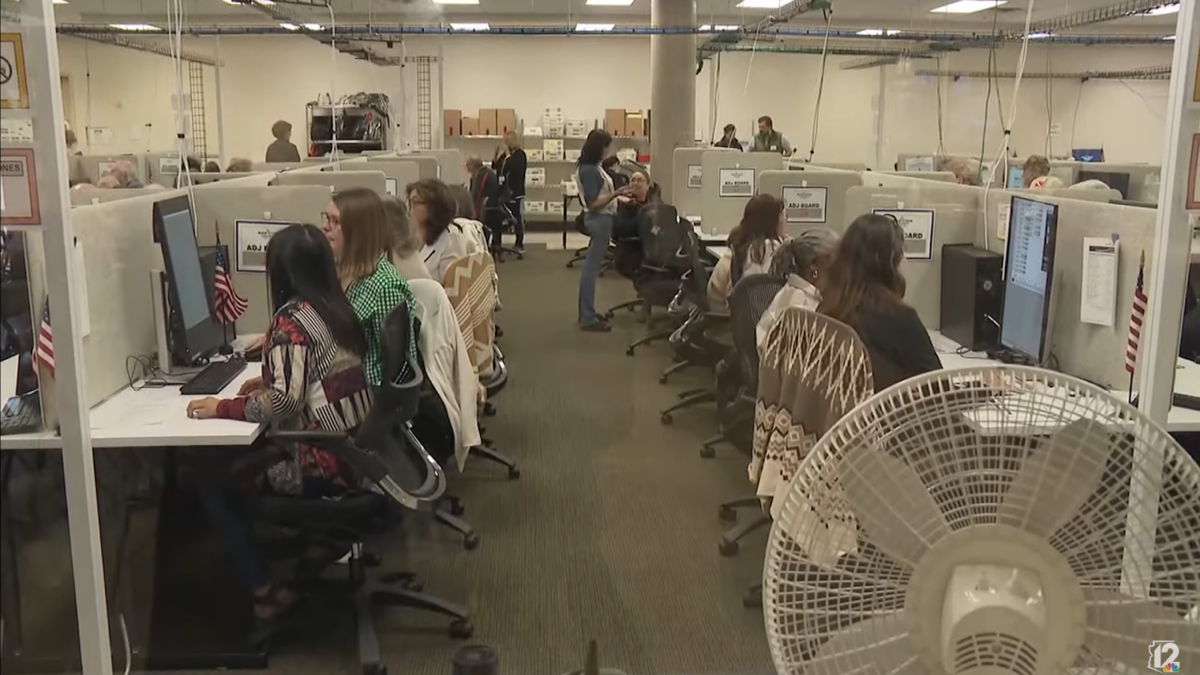
Parents are loudly complaining about New York City’s new public preschool expansion. Like President Obama’s Congress-bypassing nationwide preschool initiative, Mayor Bill de Blasio’s program requires participating preschools to enroll three- and four-year-olds all day, every day. That doesn’t work for lots of kids and their families, the Wall Street Journal reports:
Some parents find the full-day pre-K schedule of six hours and 20 minutes—nearly 32 hours a week—to be exhausting for 4-year-olds. They say it leaves too little time for such childhood essentials as playing with brothers and sisters, visiting the library, baking cookies and reading in a parent’s lap…
‘I don’t want the mayor and city officials to make decisions for me about what is best for my 4-year-old,’ said Andrea Stockton, a mother of three and former preschool teacher. ‘The mayor is not a developmental psychologist.’
The issue isn’t just for at-home parents.
Theresa Gonzalez works some nights and weekends creating sets for television and theater productions, and her husband works from 2 to 10 p.m. as an emergency medical technician for the city fire department. If their daughter Rosalina gets home from preschool at 2:20 p.m., she won’t see her father on his work days.
This Isn’t About Family Needs, It’s About Social Planning
We see here the inevitable results of government taking over private arrangements such as childcare, and looming largest here is the substitution of central planners’ desires for individual and family needs. The Journal quotes city officials saying children from chaotic homes benefit from more time away from their families, and that parents who both work full-time need a place to put their kids all day.
So New York City social planners have decided they know what’s best for everyone, based on two specific demographics that are suspiciously similar to crucial voting blocs. The new socially acceptable family arrangement is for all parents to work out of the home full-time, and for all tiny children to be summarily dispatched to outside-home care all day, every day. That way, of course, these little children are better subject to central planners, who can regulate daycare and preschool centers down to the very kind of chicken nuggets (whoops, I mean raw vegetable juice) they feed children and the activities they place in front of little eyes and fingers.
Even in our deadened society, it would be pretty difficult for city officials to apply similar rules to everyone’s homes. So they just take children from their homes to places that are easier to inspect, regulate, and control. It’s so much neater that way, right?
Too Many Activities Burns Preschoolers Out
It’s kind of hard to believe that the people making these arrangements have spent a lot of time with their children, or have more than two. If they even have their own kids (most of the people I’ve encountered who work in government are single), they are probably off in childcare somewhere all the time, which means they have little understanding of the glorious mess small children are, make, and enjoy.
In short, little people, like all people, do not all fit neatly into someone’s mass program. They have individual temperaments, growth rates, and needs. Toddlers do follow and benefit from patterns, but too much imposing on one what works for another or shuffling from here to there or interaction with non-family members can drive them to distraction very quickly. Any mom knows this, especially if she has more than one or two children, because that increases the likelihood she’ll discover drastic differences among her brood.
I host a weekly playdate at our house. That weekly rumpus-filled morning with other preschoolers, I’ve quickly learned, means my little people need quiet, home-based activities or free play for the rest of the day, or we have breakdowns. One of the major early-childhood developments is emotional regulation, and until my littles can manage their own feelings, it’s my job to lovingly manage that for them. It’s terribly cruel to place little children in situations that push them past their breaking point, after all.
This is the very reason many families prefer half-day or half-day, three times per week preschool. For us, it’s a fun little set of organized activities for the littles and a nice little breather for mom. Almost all small kids don’t need preschool, just like they don’t need soccer or ballet lessons, but the weenie ones look so cute in a tutu and it’s only a few hundred bucks. In other words, this is a luxury item. I have nothing against luxuries, and it’s a wonder that America’s capitalist system allows so many people to be wealthy enough to afford them. So hooray for anyone who wishes to spend disposable income in this fashion. Regular library visits or memberships to the local zoo are a cheaper way to accomplish just about the same thing, and they cost way less than a monthly iPhone bill. Most local libraries have fabulous, free children’s programming.
For Almost All Kids, Preschool Is an Unnecessary Luxury
There are several reasons preschool-pushers deliberately harness middle-class parents’ largely needless anxiety about their tiny offspring. First, they need middle-class people on board, because they need our votes to enact what is really another welfare program. The available preschool research at best suggests it may help the small (but unfortunately growing, thanks to society’s choice to ignore family breakdown) proportion of kids who are born into destructive homes. No research suggests preschool is better for small children than a caring, stable family.
This is, however, not as persuasive an argument to the tax-paying public as the argument research does not support, which is the same deception New York City officials are trying to feed everyone: Pretty much every kid should be in preschool, and the more time he spends out of his home, the better. This simply isn’t true. If anything, a child benefits most from a strong attachment to his family, and children naturally need and seek a lasting bond with one (or two) primary caregiver(s). In the early years, that’s usually mom. Preschool teachers and nannies come and go, but mom is always there. And young ones need and deserve her presence.
Second, preschool-pushers benefit from moms’ and dads’ anxiety about and ignorance of their importance to their children and, through grounding and nurturing those children, to society at large. When men and women measure their worth by their paychecks and the material goods those paychecks can buy, they will jettison other commitments. They’ll also do so when society tells people marrying once a baby is on the way is not necessary. Usually, the effects don’t appear until later, when children begin to act out and drop out in middle and high school. And the rest of us do indeed pay, in both a fraying culture and to sponsor anti-bullying, mental-health, welfare, job training, elder-care, and anti-crime programs.
Third, preschool-pushers play on our belief that someone else can and should raise children better than those whose love brought those children into existence, our belief that “society” or “experts” or anything somewhere, anywhere else besides in our homes and communities are the appropriate entities for handling individual concerns. It’s very attractive, but also lazy and ignorant, to presume that someone else will handle my affairs for me better than I can do so myself. It’s a pervasive and genteel cover for avoiding personal responsibility.
Especially when it comes to personal matters such as child-raising, however, the people who know best are those who are most intimately involved. This is not just a demonstrably proven economic concept sometimes called the information problem; it’s also a social concept called individual liberty, which has a corollary called self-government. You can’t get more intimate with a child than having spawned and nourished it within your very own body. A child’s father and mother can’t get more intimate than doing the thing that makes babies come alive. Our natural responsibility for children doesn’t end when they exit the birth canal, just as their natural responsibility for us doesn’t enter when they leave our homes for the wide world. And the best societal arrangements respect these realities rather than attempting to chop them to pieces.









